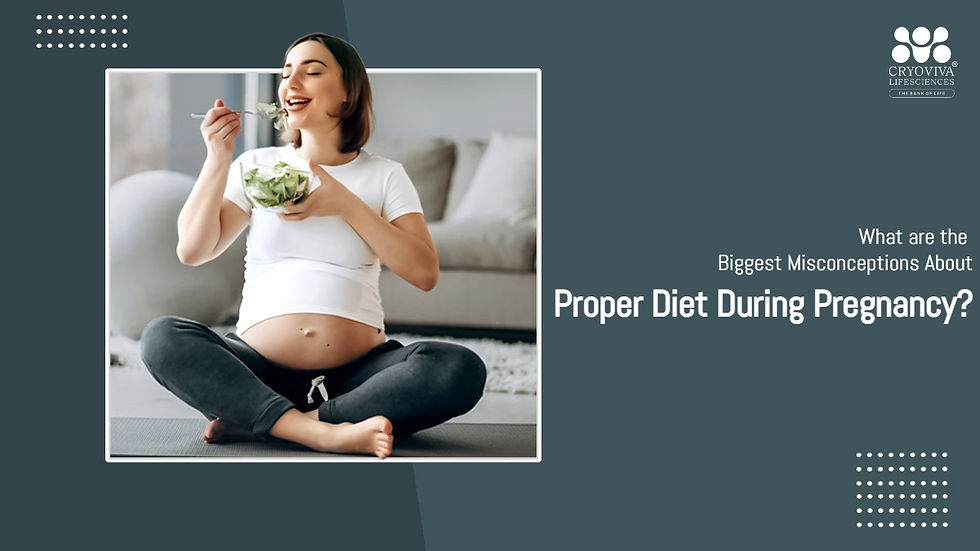Bloating in Early Pregnancy
- Avantika Singh
- Oct 30, 2023
- 2 min read

Bloating in early pregnancy is normal. Bloating may resemble having a balloon inflated inside you, usually due to changes in digestion, bowel habits, and hormonal fluctuations. Bloating is regarded by medical professionals as a functional bowel disorder (FBD), alongside constipation, diarrhea, and irritable bowel syndrome (IBS).
Bloating is a fairly typical issue among the general population and pregnant women, though it can be challenging to estimate the prevalence.
Bloating In Pregnancy: Is it Common?
Bloating describes a tightness and fullness in the abdomen that is frequently accompanied by distention. Around 75% of pregnant women reported having one or more functional bowel disorders during their first trimester. According to the report, 66 percent of pregnant women experienced bloating, specifically during the first trimester.
Hormonal changes are one factor that could contribute to bloating in early pregnancy. Digestion is slowed due to the womb's relaxation caused by pregnancy hormones. It can result in constipation, a common problem for pregnant women, and makes them feel bloated.
Bloating frequently starts in the first trimester, and as the fetus occupies more space and puts pressure on neighboring organs in the third trimester, starting in week 29, it may get worse.
Home Remedy Pregnancy Tips
During the pregnancy journey, be cautious while taking any supplements or medications, including herbal remedies. OTC supplements like probiotics and stool softeners have proven beneficial for some women. However, it is recommended to consult your doctor and explain the symptoms before consuming any medications.
Here are some pregnancy tips that will help to combat bloating during early pregnancy:
Frequently eat smaller meals.
Follow a pregnancy diet rich in fresh produce, whole grains, beans, vegetables, and other fiber-rich foods.
Eat low-fat food instead of high-cholesterol meals.
Reduce the amount of foods like beans, cabbage, legumes, broccoli, cauliflower, and Brussels sprouts that may increase bloating.
Reduce your intake of liquids with meals and drink more water between them.
You should consume at least 8 to 10 glasses of water daily.
Steer clear of caffeine and steer clear of alcohol.
Participate in regular, mild exercise.
Eat something before bedtime instead.
Preserve Your Family's Health Today with Cryovia Biotech
Bloating is a common pregnancy symptom that hormonal changes, constipation, or both may bring on. Bloating in early pregnancy can be avoided with dietary and lifestyle changes, and a healthcare professional can provide additional advice.
However, stem cell preservation can potentially safeguard your baby's health from over 80 life-threatening diseases. At Cryoviva, we leverage certified and approved technology to extract, store, and preserve your baby's stem cells in a superior facility to maintain the cell's viability. Schedule an appointment with our experts to learn how this investment can be fruitful in the future!









Comments